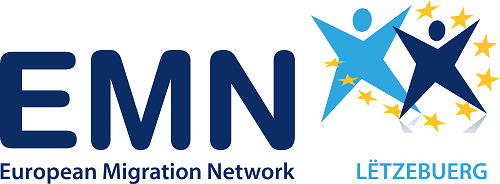Integration of Beneficiaries of International/Humanitarian Protection into the Labour Market: Policies and Good Practices
Integration of beneficiaries of international protection into the Luxembourgish labour market might appear quite unproblematic at first glance. From a legal point of view, the access is indeed very much open to both beneficiaries of international protection as well as beneficiaries of subsidiary protection. As from 2006 onwards, the legislator proceeded with an approximation of … Continued










